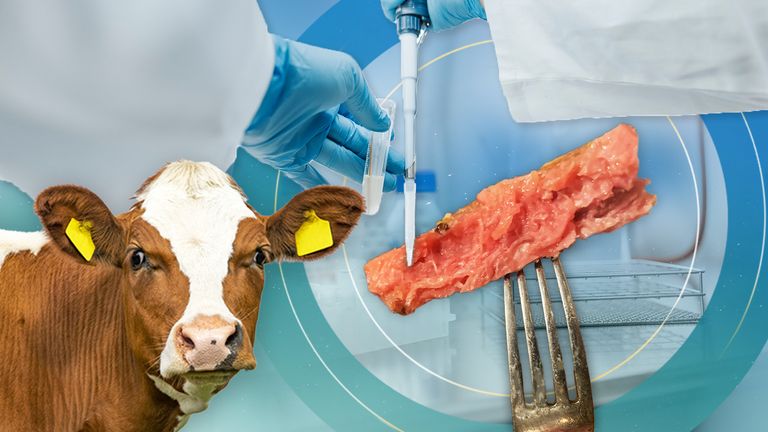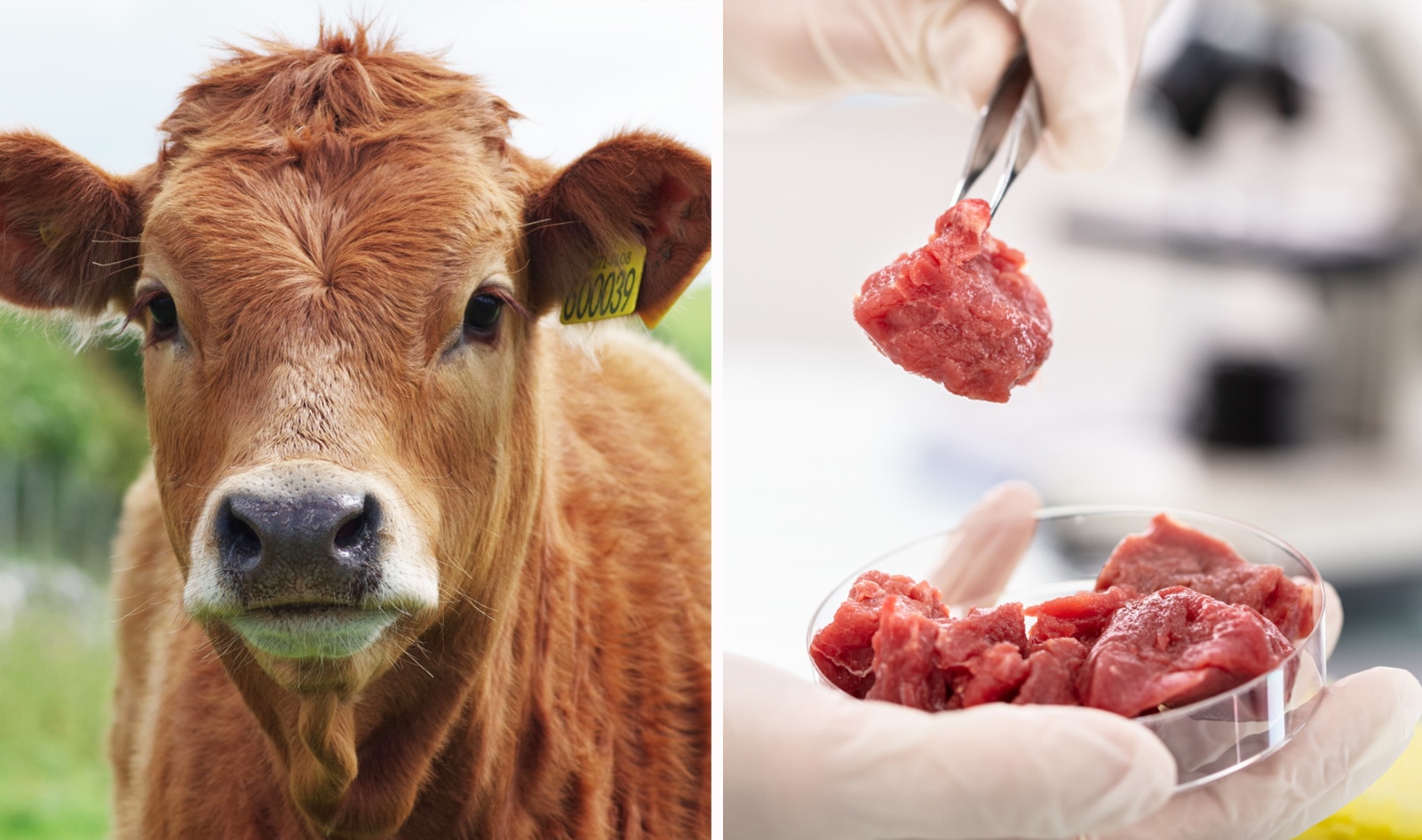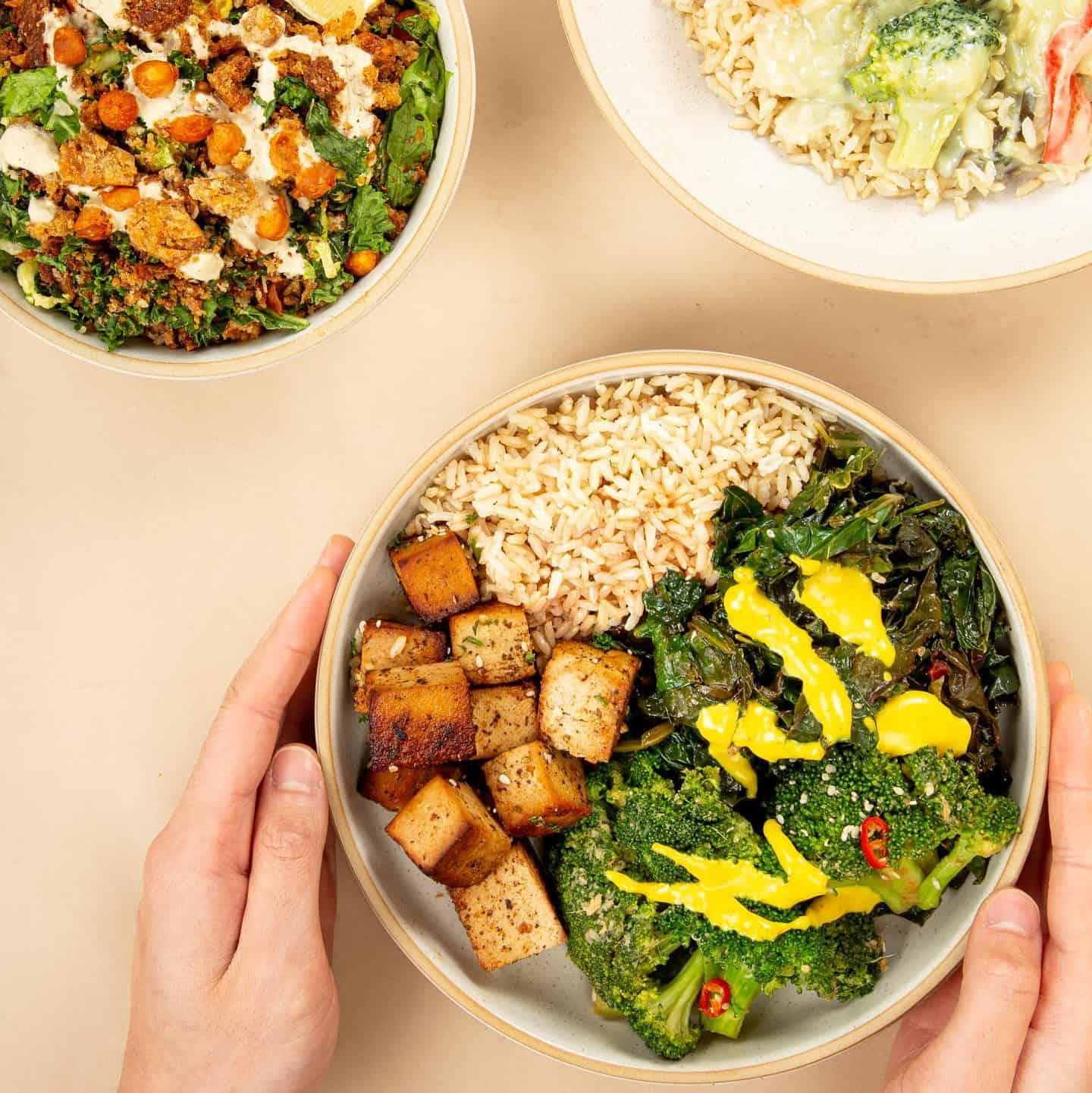By Tali Fraser
Cultivated meat has been making headlines as a possible way to make food production more environmentally friendly, but as Tali Fraser discovers, those working on this innovation say they are being stymied by regulation
“Two North London Jewish boys growing cultivated pork”: that is Hoxton Farms summed up by one of the founders, Max Jamilly. “It makes for all kinds of stories on a Friday night,” he tells the House at their office in Shoreditch. They do both eat pork as, in their case, “it is important to know what we are trying to replace”.
Hoxton Farms focuses on cultivated fat, which they sell on to meat alternative companies, like plant-based proteins. “The fat is the tasty bit,” he says. They are producing at the bench scale, in tablespoons, but are scaling up and moving around the corner to a 14,000 square foot facility which will be home to thousands of litres of culture capacity – and a small pilot scale manufacturer.

Jamilly says that the three-year-old company began with a seed round of $4.5m but soon raised $22m from investors, turning them from a biotech company to a food company.
It works like this: they take a selection of animal cells, which would have developed into fat, through harmless biopsies or the occasional death. Those cells are modified to “essentially grow forever, meaning we never have to go back to the animal”. They are stored in a freezer, in big tanks of liquid nitrogen, and eventually put into a fermenter, similar to brewing beer.
The cells are fed farm-based food to convince them they are still inside the pig or cow and they start maturing into fat tissue, with the whole process taking three to four weeks, at the end of which actual fat tissue can be harvested. Other companies are focused on reproducing the meat itself and using body tissues that do not require a death.
Greater consumption of plant-based protein and cultivated meat has been touted as a way to a more sustainable food system. It uses less land, feed, water and antibiotics than traditional farming; it could remove the need to rear and slaughter animals; and supporters of cultivated meat, including the government, say it could help reduce emissions from meat production, especially methane, which represent six per cent of global emissions.

But one study – not yet peer-reviewed – from the University of California has warned the process is so energy-intensive that the global warming impact could be between four to 25 times higher than beef, the typically worst polluting meat. The Good Food Institute (GFI), an alternative protein research body, says differently and in a recent assessment found that lab-grown meat could, in fact, have a lower carbon footprint.
Earlier this year the United States declared cultured meat safe for human consumption, but the United Kingdom is yet to do so. Singapore is the only country in the world to have approved cultivated meat products for sale with lab-grown chicken first served in a restaurant in 2020.
Because of this, there might not be a long-term future for Hoxton Farms in the UK. “The current plan – and it will almost definitely remain this way – is that we will be going to the US or Singapore for approval, and go to market first in the US,” Jamilly says.

** Click here to read the full-text **








